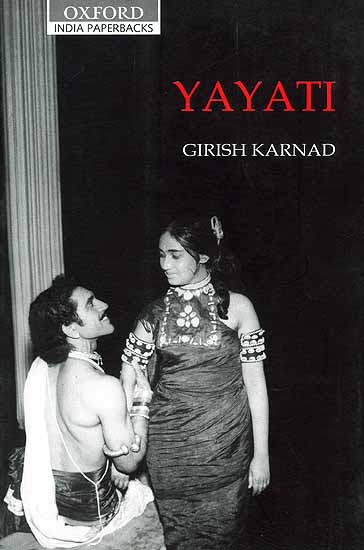Opposition Days
[This piece originally appeared on Logos]
Let the Opposition set the agenda for a few days every session, so that it does not disrupt the whole of it.
Democracy is majority rule. Whoever has the majority in the Parliament forms the Government. If all key decisions are taken by a majority vote, how is the Parliament (which the Government controls) supposed to provide oversight and reprimand the Government for its excess and wrongdoings? The Government can sit smug on its benches and tell the Opposition to first 'go get the votes' and then we will talk.
This, like most introductions, is an over simplification of facts (done to grab attention, mostly by less accomplished writers like myself). But we have to concede that in a system based on majority vote, the parties in minority find it very difficult to get their voice heard, let alone getting their demands met.
Opposition Day is a day when the opposition parties in the Parliament, set the agenda. Any session of the UK Parliament has at least 20 Opposition days. In Canada the number is 22. It might seem a procedural thing at first, but it is so much more than that. Being able to control the agenda gives the Opposition a much better shot at cornering the Government into discussions and debates that it is trying to avoid. If these days are divided up amongst the Opposition parties, even smaller parties will get a chance to make the Government answer its concerns. In a media driven democracy like ours, the Opposition needs to also 'look' like it is opposing the Government. Routine protocols like Question Hour, Calling Attention Motions and raising motions under Rule 377, though important, are not very effective tools to play to the gallery. And let us be clear, playing to the gallery is not some superfluous thing which can be ignored, it is a necessary and critical part of a politicians job profile.
There are other interesting customs like Questions to the Prime Minister, where the PM is required to answer the questions himself (Tony Blair is said to have feared the House of Commons, thanks to it). The effectiveness of such conventions is difficult to ascertain, but without a doubt they provide the Opposition with a legitimate way, if nothing else, to vent its anger. And who knows? Maybe this can lead to a little less chaos and adjournments and little more of sane debates on critical legislations.
(This line of thought came about in a post-lecture discussion about the workings of the Indian Parliament with MR Madhavan of PRS Legislative Research)
Let the Opposition set the agenda for a few days every session, so that it does not disrupt the whole of it.
Democracy is majority rule. Whoever has the majority in the Parliament forms the Government. If all key decisions are taken by a majority vote, how is the Parliament (which the Government controls) supposed to provide oversight and reprimand the Government for its excess and wrongdoings? The Government can sit smug on its benches and tell the Opposition to first 'go get the votes' and then we will talk.
This, like most introductions, is an over simplification of facts (done to grab attention, mostly by less accomplished writers like myself). But we have to concede that in a system based on majority vote, the parties in minority find it very difficult to get their voice heard, let alone getting their demands met.
Opposition Day is a day when the opposition parties in the Parliament, set the agenda. Any session of the UK Parliament has at least 20 Opposition days. In Canada the number is 22. It might seem a procedural thing at first, but it is so much more than that. Being able to control the agenda gives the Opposition a much better shot at cornering the Government into discussions and debates that it is trying to avoid. If these days are divided up amongst the Opposition parties, even smaller parties will get a chance to make the Government answer its concerns. In a media driven democracy like ours, the Opposition needs to also 'look' like it is opposing the Government. Routine protocols like Question Hour, Calling Attention Motions and raising motions under Rule 377, though important, are not very effective tools to play to the gallery. And let us be clear, playing to the gallery is not some superfluous thing which can be ignored, it is a necessary and critical part of a politicians job profile.
There are other interesting customs like Questions to the Prime Minister, where the PM is required to answer the questions himself (Tony Blair is said to have feared the House of Commons, thanks to it). The effectiveness of such conventions is difficult to ascertain, but without a doubt they provide the Opposition with a legitimate way, if nothing else, to vent its anger. And who knows? Maybe this can lead to a little less chaos and adjournments and little more of sane debates on critical legislations.
(This line of thought came about in a post-lecture discussion about the workings of the Indian Parliament with MR Madhavan of PRS Legislative Research)
Labels: governance, politics




